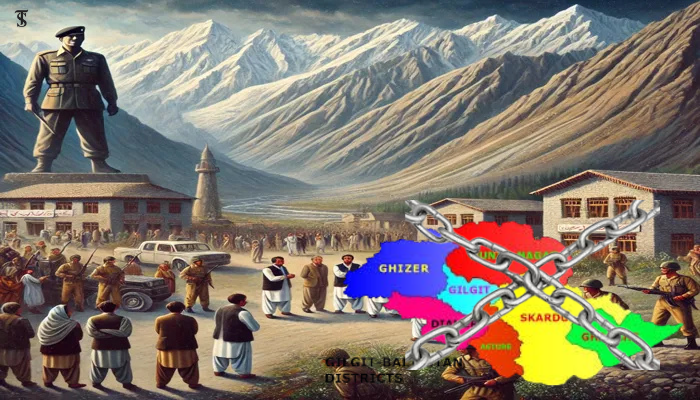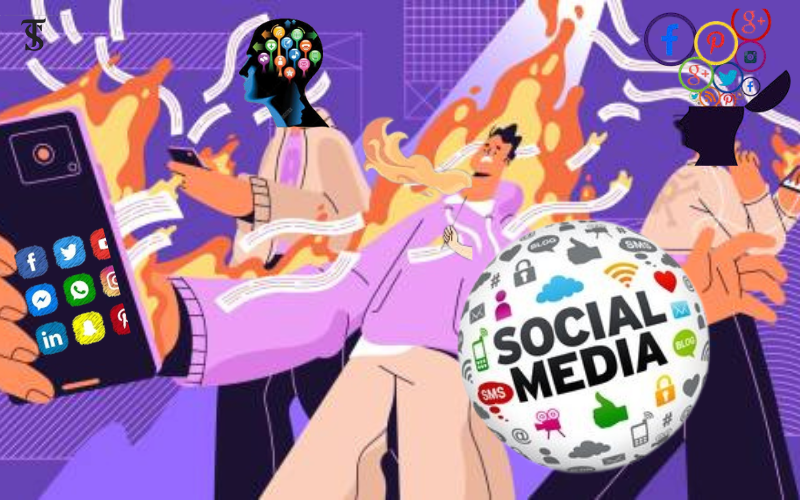The Crisis in Pakistan’s Academic Research

Academic research in Pakistan faces critical issues: limited student critical thinking, inadequate institutional support, and pervasive corruption. A “research mafia” sells authorship in academic papers, eroding merit and integrity. This harms knowledge production, demotivates scholars, and weakens the nation’s intellectual growth and development potential.
Brain Drain in Pakistan: Causes, Implications, and Solutions

Political instability, unemployment, lack of respect for professionals, and poor working conditions are driving Pakistan’s skilled youth abroad. Addressing these issues with better job opportunities, increased salaries, and transparent recruitment could help alleviate this brain drain.
Tapestry: Inspiring Women Leaders

Mehergarh’s three-day training on ‘Advanced Women Leadership’ empowered participants through Dr. Fouzia Saeed’s book *Tapestry*, highlighting women’s roles in Pakistan’s history. Featuring insights from leaders like Samar Minallah and Maryam Bibi, the event fostered learning, networking, and strategies for women’s progress across various fields.
Impacts of Pakistani Drama: A Double-Edged Sword

Pakistani dramas impact society by addressing important issues like women’s empowerment, psychological awareness, and social justice, while also risking the promotion of materialism, unrealistic lifestyles, and harmful stereotypes. Balancing entertainment with responsible storytelling is crucial for fostering positive social change through this influential medium.
Rules Without Rights: The Paradox of Governance in Gilgit Baltistan

The people of Gilgit Baltistan have long faced draconian laws like the Frontier Crime Regulation (FCR) and the Anti-Terrorism Act (ATA), which suppress political rights and silence dissent. These laws, often ambiguous, foster regional opposition and mirror the state’s disregard for local autonomy and prosperity.
Soft Power in the Foreign Policy of Pakistan: Challenges and Remedies

Pakistan has historically prioritized traditional power due to regional security threats, neglecting soft power. To counter negative perceptions, it must harness its cultural heritage, promote public diplomacy, and invest in education and skilled labor. Strengthening soft power can enhance Pakistan’s international reputation and support its foreign policy objectives.
Social Media and Social Polarization

Social media platforms, initially designed to foster connection, have instead fueled division and polarization. Misrepresentation of information, online echo chambers, and exaggerated media coverage amplify societal tensions. Users, often lacking critical thinking, engage in baseless debates, conspiracy theories, and cyberbullying. Experts recommend reducing screen time and avoiding negative content to curb these harmful effects and foster healthier online environments.
Caring Alone: The Youngest’s Struggles

The youngest sibling often bears the heavy burden of caring for aging, unwell parents, with little recognition or support. Older siblings frequently assume the youngest is responsible, ignoring their struggles, dreams, and mental well-being. The youngest’s sacrifices go unnoticed, and despite their devotion, they receive little appreciation from parents or siblings, leaving them overwhelmed and emotionally strained, yet unsupported.
Intellectual Recession in Pakistan

Pakistan faces an intellectual recession, fueled by blind religious adherence, a declining reading culture, an inadequate education system, political suppression, and media manipulation. This stagnation hampers critical thinking, leading to societal challenges like socioeconomic conflict and political instability. Reforms in education and media practices are essential for reversing this decline.
Criminal Justice System in Pakistan: Challanges and Remedies

The criminal justice system in Pakistan suffers from institutional corruption, outdated laws, and inefficiencies in policing, prosecution, and the judiciary. To improve it, reforms are needed in police training, technology, and procedural laws, while prisons should focus on rehabilitation. Strengthening checks and balances and filling judicial vacancies are critical.